As a conscientious consumer, I appreciate the growing trend towards ethical fashion. More than ever, brands are committing to sustainable practices, inserting transparency into the heart of their operations, and, importantly, ensuring all products are child labor free. I’ve observed that the fashion industry has a powerful potential to enact transformative change, and it begins with us, the consumers.
With the right information, anyone can harness the power of their wallets to tip the scale towards a fair, sustainable future. Brands like MUD Jeans and Solios inspire me with their commitment to ethical practices, while the likes of Tree Tribe and Ninety Percent go a step further by taking concrete action to support noble causes.
It’s a privilege to watch the rise of companies that respect both the planet and people. This guide serves as a map to that growing landscape, showcasing incredible child-free labor-sustainable clothing brands that are setting new industry norms. Looking out for labels such as fair trade certified and trusting brands that use organic cotton and other sustainable fabrics can elevate your ethical shopping journey.
Key Takeaways
- Choosing child-free labor sustainable clothing brands helps combat unfair labour practices.
- Familiarizing with labels such as fair trade certified offers insight into a brand’s commitment to ethical practices.
- Brands that employ organic cotton and other sustainable fabrics actively contribute to a healthier environment.
- Brands like MUD Jeans and Solios exemplify the considerable strides being made in ethical fashion.
- Companies such as Tree Tribe and Ninety Percent are taking concrete action to support noble causes, proving business can also be a force for good.
The Crushing Impact of Fast Fashion on Child Labor and the Planet
As the dust settles after the whirlwind of seasonal fashion trends, devastating revelations emerge. The fast fashion industry, notorious for its speedy, cyclical release of affordable apparel, has been instrumental in a fourfold increase in clothing consumption over the past two decades. This surge in demand and supply has unintentionally laid the groundwork for a ticking time bomb of textile waste and human rights abuses.
Current State of Fashion Industry and Child Labor Exploitation
The fashion industry’s glamour often masks a grim reality—child labor exploitation. Chasing the inexpensive price tags and rapid output of fast fashion labels, nations worldwide endure the crushing weight of unethical practices. Behind the seams of throwaway trends, underage laborers toil in sweatshops, bearing the hefty cost of our insatiable appetite for the latest styles.
Environmental Havoc Wreaked by Fast Fashion
Usurping nature’s resources to hit the seasonal trend targets, the fast fashion industry has left a trail of environmental havoc in its wake. The statistics are harrowing—an estimated 82 pounds of textile waste generated per American each year, and mounting. An unfortunately integral part of fast fashion, this textile waste accumulation and the concurrent pollution have an increasingly tangible impact on our planet’s health.
Shifting Consumer Behavior Towards Ethical Practices
Despite the prevailing challenges, hope surfaces as the focus gradually shifts from rampant consumerism to sustainable fashion. More and more consumers are becoming aware of the unethical underpinnings of the fast fashion industry and are seeking alternatives. Prioritizing quality over quantity, longevity over ephemerality, conscious consumers are now turning to sustainable clothing brands known for ethical practices and respect for both humans and nature. This shift in consumer behavior generates a palpable wave across the fashion industry, acting as a catalyst for necessary change.
It’s high time to bid a final farewell to brands like Shein, Zara, H&M, Gap, Old Navy, and Primark that propagate a cycle of over-consumption and contribute to environmental degradation and labor exploitation. To truly turn the tide, we must support sustainable clothing brands that value ethical practices and environmental boundaries. It’s about time we dressed in values, not just clothes.
What Makes a Clothing Brand Sustainable and Ethical?
In the rapidly evolving fashion industry, certain criteria set apart those brands that truly commit to ethical and sustainable practices. This involves not just the products they create, but also how they conduct their business, treat their workers, and impact the environment. In this light, the term ‘Child-Free Labor Sustainable Clothing Brands’ is garnering more significance. But what does it mean?
Defining ‘Child-Free Labor Sustainable Clothing Brands’
Child-Free Labor Sustainable Clothing Brands are those that ensure their products and processes are devoid of child exploitation. But they take it a step further. These brands are also dedicated to fair and humane treatment of all workers, incorporating environmentally sound materials and methods. This wide-ranging commitment to ethical practices raises these brands above those that merely market themselves as ‘sustainable’ or ‘eco-friendly.’
Criteria for Eco-Friendly and Fair Trade Certifications
Going beyond buzzwords, true sustainable brands meet stringent criteria to earn their eco-friendly and fair trade certifications. This includes fair labor practices, safe working conditions, and environmentally friendly sourcing of materials. But achieving these certifications isn’t just about ticking boxes; it shows a brand’s dedication to sustainable practices that benefit both people and the planet.
Ensuring Transparency in Supply Chain and Manufacturing
Transparency is another crucial aspect that delineates an ethical brand. Transparent brands allow consumers to follow the journey of a product, from raw material to finished apparel. This supply chain transparency is vital as it assures that every link in the chain adheres to the ethical claims made by the brand. The revelation of fair wage practices and environmental conservation efforts, often through public disclosure or third-party audits, further amplifies trust with conscious consumers.
The continuous evolution of the fashion industry raises the bar for what truly defines a sustainable clothing brand. It’s no longer just about the clothes we wear, but the story behind them. In that story, child-free labor, fair trade practices, eco-friendly certifications, and supply chain transparency play pivotal roles. This makes choosing sustainable fashion not just a style statement, but a moral stance.
Child-Free Labor Sustainable Clothing Brands
The course towards a sustainable future for retail fashion is looking brighter, thanks to the emergence of various child-free labor-based brands. Many brands are fervently committing to both ethical practices and environmental sustainability, ultimately changing the dynamics of the clothing industry.
An example of these favorite sustainable brands is Bhumi. Known for its commitment to ethical manufacturing and fair labor, it places emphasis on using non-toxic materials and advocating for fair trade practices. Another notable brand is Manufacture De Lin, which shares a similar ethical standpoint.
Brands are also beginning to rely on smaller, locally-based teams and artisans. Tree Tribe is a well-known brand that has modeled its operations on this ethos, demonstrating that scalable and ethical labor practices are indeed possible.
“Through local sourcing and small-scale production, we are able to significantly reduce our environmental impact and also ensure fair labor practices for our workers” – Statement from Tree Tribe.
Brands like Mila.Vert and Maylyn & Co. have adopted a different approach altogether. These labels have started manufacturing ‘on demand,’ a sustainable practice that significantly reduces energy consumption and waste, while also ensuring quality and durability in all their products.
For the fashion-forward consumer, new-age brands like Beyond Skin offer elegant, cruelty-free designs. These brands have successfully proved that ethical manufacturing and stylish designs can indeed coexist. By prioritizing designs made from non-animal-derived materials, they offer workers fair wages and safe working conditions, adhering to the principles of sustainable brands.
In the end, it’s evident that child-free labor has become a crucial aspect of many fashionable and sustainable brands. Consumers are turning to these ethical alternatives for their retail needs, influencing other brands to follow suit and nurture fair labor practices.
The Importance of Organic and Recycled Materials in Sustainable Fashion
When it comes to sustainable fashion, the types of materials used in clothing production play a crucial role in determining a garment’s impact on the environment. In our quest for more ethical fashion choices, integrating organic and recycled resources into fabric manufacturing significantly enhances sustainability.
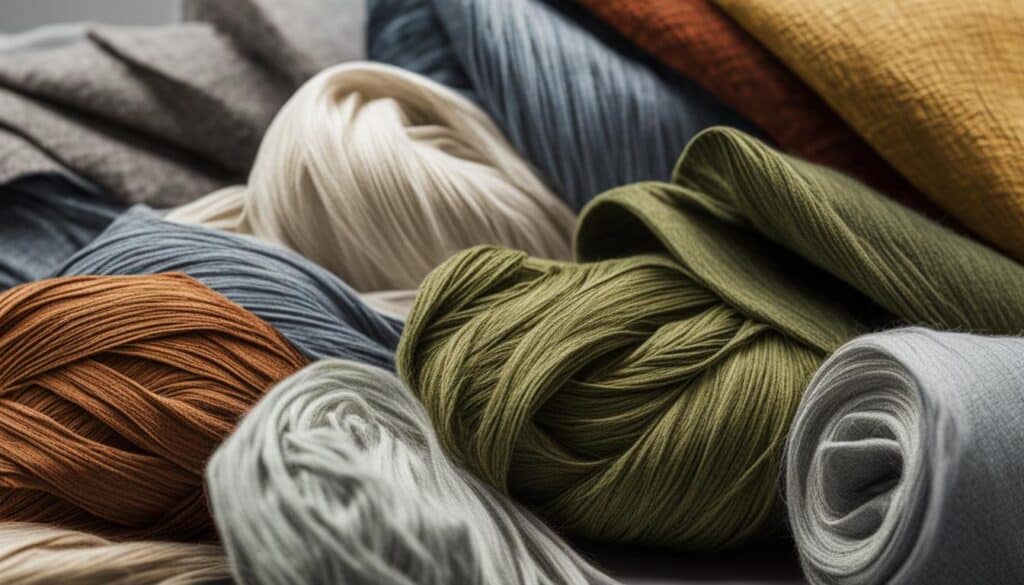
Sourcing Sustainable Materials Like Organic Cotton and Hemp
The use of organic materials in the production of garments reduces the environmental toll significantly. Organic cotton and hemp are excellent examples of such materials. They not only require less water compared to their traditional counterparts but are also grown without harmful pesticides or chemicals.
One of the brands leading this effort is Pact, known for its soft, long-lasting basics made predominantly from organic cotton. By committing to organic materials, Pact marches towards the goal of sustainable fashion, proving that the journey towards an eco-friendly wardrobe doesn’t need to compromise quality or comfort.
The Benefits of Using Recycled Fabrics in Clothing Production
Alongside organic materials, the use of recycled fabrics is a cornerstone of sustainable fashion. The process of recycling fabrics contributes to reducing textile waste, an issue at the heart of the sustainability debate in the fashion industry. By breathing new life into discarded fabrics, their utility is extended while the environmental footprint shrinks.
Take Tentree for example. This brand successfully incorporates recycled materials into its high-quality garments and in doing so, challenges the preconception that eco-friendliness might compromise style or comfort.
These practices underline a promising shift in clothing production, one that hinges on organic and recycled materials. As consumers, embracing these innovative brands propels us all further down the path towards garnering a more sustainable fashion industry, focused on taking care of our shared environment.
Spotlight on Innovators: Brands Leading the Way in Ethical Manufacturing
Within the ever-evolving landscape of sustainable fashion, certain innovative brands are making waves, challenging the traditional norms of the industry and pioneering an era of ethical manufacturing and conscious consumerism. Their ground-breaking initiatives encapsulate the principles of a circular economy, sustainable and ethical fashion, and innovative sustainable practices. Here, we spotlight two leading brands that are setting benchmarks in sustainable fashion.
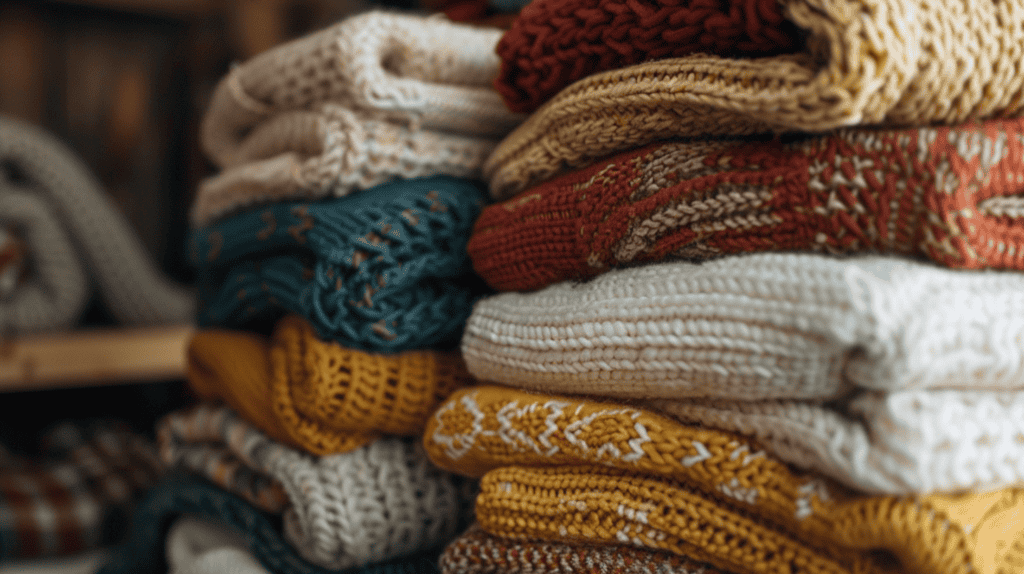
Case Studies of Pioneering Sustainable Fashion Brands
Renowned for its dogged dedication to sustainability, MUD Jeans has transformed the traditional retail model by introducing the concept of ‘Lease a Jeans’. A ground-breaking initiative, this program encourages consumers to lease jeans from the brand and return them for recycling at the end of their use. This modality not only ensures that garments are fully utilized, but also helps in keeping a check on waste, aligning with the fundamentals of a circular economy.
Another prominent name in this domain is Mila.Vert – a brand that takes pride in its made-to-order production model. This unique approach helps in reducing waste, as garments are produced on demand, ensuring minimal stock. In addition to supporting ethical manufacturing, this model enhances the shopping experience, making it more personalized and connected to the creation process.
Adopting Circular Economy Models for Longevity
A key feature in the ethical manufacturing process is the adoption of circular economy models. This approach involves using resources for as long as possible, extracting maximum value from them while in use, and recovering them at the end of the product life to create new value. This innovative approach ensures product longevity and mitigates waste generation, a significant concern in the fast-fashion industry.
With their initiatives as examples, brands MUD Jeans and Mila.Vert has shown that ethical manufacturing and sustainable fashion can indeed go hand in hand. These brands’ commitment to innovative sustainable practices is a testament to their dedication towards rethinking the way we create and consume fashion, in turn reshaping the future of fashion consumption.
| Brand | Initiative | Benefit |
|---|---|---|
| MUD Jeans | Lease a Jeans | Conserves resources through a circular economy model, encourages recycling, and prolongs garment use. |
| Mila.Vert | Made-to-order production model | Reduces waste, enhances shopping experience through personalization, and results in minimalistic stocking. |
How Ethical Brands are Making Quality Clothing Accessible
In a world that’s slowly realizing its responsibility towards the planet, many still consider sustainable fashion a luxury they can’t afford. Critics often claim that making ethical choices and supporting sustainable brands may result in emptied pockets. The reality, however, is quite different. Ethical brands are challenging this perception every day and rightly so. In doing so, they’re transforming the way we see affordable ethical and sustainable fashion.

Strategies for Achieving Affordability in Sustainable Fashion
There’s no denying the fashion industry’s complex nature. Many variables play in to create the perfect blend of sustainability and affordability. It involves mindful design, careful sourcing of materials, and efficient production processes. However, brands like Pact and ABLE have successfully blended these ingredients to offer quality clothing at competitive prices. They aim to create an accessible sustainable fashion culture.
With advancements such as ‘buy now pay later’ option like AfterPay and seasonal discount codes, ethical fashion becomes a possibility for many. Sustainable fashion, no longer limited to the affluent, is within reach for a wider audience. The key, it seems, is innovative business models. Producing smaller quantities to reduce waste and maintain quality control, these brands have been able to make their pieces more budget-friendly.
Navigating Price Points: Sustainable Options for Every Budget
Sustainable fashion need not look like an impenetrable fortress with sky-high price tags. Reality could be as simple as a well-woven organic cotton T-shirt with a reasonable price tag. And, the market is abundant with such budget-friendly sustainable options. Smart shopping and leveraging sales periods can lead to lucrative deals on sustainable fashion products. Plus, in many cases, an organic or fair trade product may have a similar price tag to its conventional counterpart, but the added benefit of being guilt-free and planet-friendly.
Every penny spent on sustainable and ethical fashion is a step towards creating a fashion industry that values quality and ethics over mindless consumption. And, with ethical brands making sustainable fashion accessible to more people, we are surely moving in the right direction.
End Child Labour: The Brands Taking a Stand
In the relentless fight to end child labour, various responsible clothing brands have risen to the challenge. Not only do these brands vocally advocate against child labour, but they are deeply committed to completely eradicating such exploitation from their supply chains. This section shines a spotlight on some of these brands, their unique efforts, and the collaborations and partnerships that are cumulatively pushing towards an ethical fashion transformation.
Mapping the Movement: Brands Championing Child-Free Labor
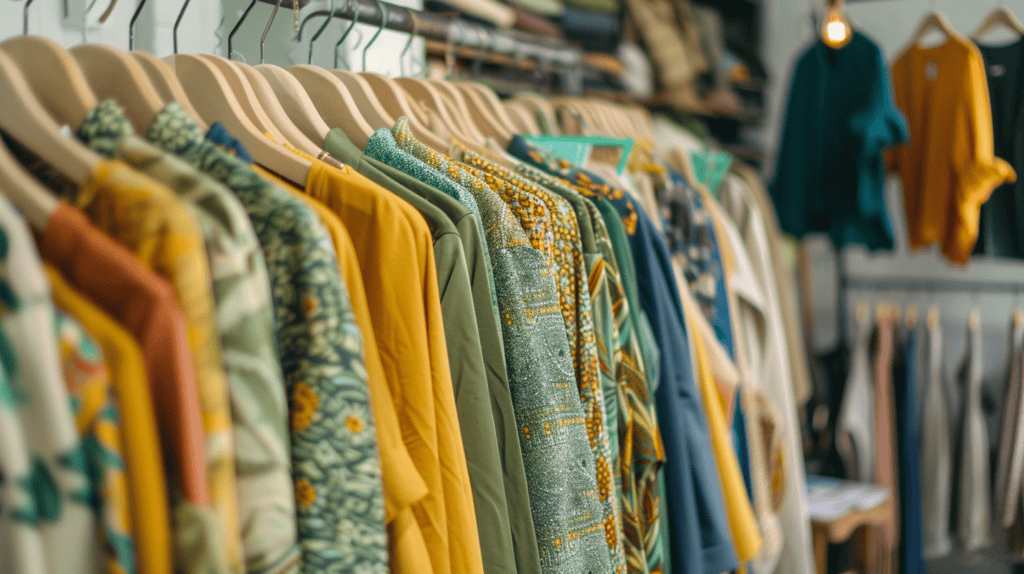
An increasing array of brands are taking meaningful strides towards child-free labor practices. A shining example is Ninety Percent – a brand committed to sharing 90% of its profits with charitable organisations and social causes. Another such brand, Toad&Co, has been advocating for ethical fashion and the abolishment of child labour right from its inception, ensuring its entire clothing line respects the highest moral standards.
Collaborations and Partnerships for Greater Impact
Collaborations and partnerships in sustainable fashion form an inevitable part of this movement. Collective efforts not only result in financial and resource pooling, but they make a louder statement – that the fashion industry as a whole is committed to ending child labour. Brands, consumers, influencers, and advocacy groups are coming together to amplify their voices against child labor, thereby magnifying their impact and encouraging more brands to join this ethical journey.
| Brand | Collaboration/Partnership | Outcomes |
|---|---|---|
| Everlane | Partnership with factories maintaining strict labour audits | Transparent and ethical supply chains |
| Abel | Collaboration with fair trade artisans around the world | Empowerment of craftspeople and assurance of child-free labor |
| Madewell | Partnership with Fair Trade USA | Commitment to safe, healthy, and prosperous working conditions |
Guiding their philosophies with a high moral compass, these brands are demonstrating that profitability and ethical business practices are not mutually exclusive. More so, they serve as an inspiration to other brands and consumers, fostering collective responsibility towards building a fashion industry free of child labour.
The Role of Certifications in Verifying Ethical Practices
Across the domain of the fashion industry, various certifications have emerged as integral mechanisms to audit and verify the ethical practices employed by clothing brands. Such certifications seek to provide consumers a trustworthy assurance of the brands’ commitment to sustainability and ethical practices. This has become particularly crucial for those consumers who are progressively seeking to make more conscious and ethical fashion choices.
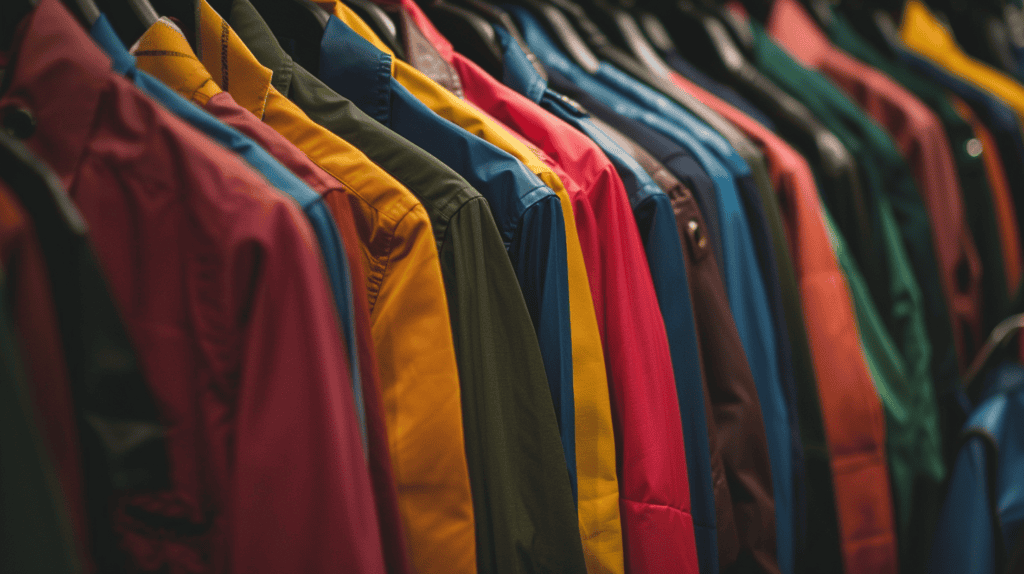
Understanding Fair Trade and Other Relevant Certifications
Fair Trade certification stands as a paramount indicator of ethical operations in the clothing market. This globally recognized certification signifies a brand’s compliance with rigorous standards regarding environmental conservation, humane labor conditions, and equitable trade practices. Apart from Fair Trade, certifications such as BSCI (Business Social Compliance Initiative) or SA8000 (Social Accountability) also provide holistic frameworks for refinements in labour rights, occupational health and safety, and environmental management, thereby setting robust benchmarks for brands to adhere to responsible production.”
| Certification | Areas of focus | Examples of brands with certification |
|---|---|---|
| Fair Trade | Environmental conservation, fair labor conditions, equitable trade practices | Kotn, Patagonia |
| BSCI | Labor rights, occupational health and safety, environmental management | Fair Seas Supply Co., ABLE |
| SA8000 | Labor rights, health and safety, and environmental practices | Eileen Fisher, Underprotection |
How Brands Display Commitment Through Certified Actions
By actively pursuing these certifications, brands signify their firm commitment to ethical production and ethical practices in the fashion industry. Seemingly, they also construct a foundation of trust with their consumer base that transcends basic marketing rhetoric. Perfect examples of this commitment can be seen in sustainable brands such as Kotn, which guarantees direct-trade practices and fair wages for its workers, and Underprotection, which focuses on sourcing sustainable materials in its production process. By advocating these certified ethical production practices, these brands ensure a transparent consumer experience, encouraging consumers to make conscious choices and supporting apparel that stands for humane and environmentally friendly values.
Adopting Fair Labor Practices: A Closer Look at Brand Policies
As brands across the globe strive to establish themselves as sustainable and ethical, adopting fair labor practices becomes an integral part of their core values and operational principles. But, what exactly does this mean?
When we talk about ethical labor, it hovers over much more than just adequate wages. An ethical labor structure ensures safe and humane working conditions; it fosters a healthy work environment imbued with dignity and respect for each worker’s rights, recognizing their contributions to the brand’s growth and progress. Moreover, it even extends to include investment in worker support, training, and development programs, ensuring continuous professional growth and personal well-being.
When it comes to sustainability, transparent brand policies play an equally important role. Opaque business models and hidden agendas have no place in the ethical and sustainable sphere. Brands need to clearly outline their methodology, strategies, and commitment towards a better future – not only for themselves but for their suppliers, workers, consumers, and the planet at large.
An ethical company must operate with integrity and accountability at every step of its supply chain. From sourcing raw materials responsibly to ensuring fair trade practices, to offering safe and equitable working conditions – no section of the supply chain should be devoid of ethics and sustainability. Such ethical supply chains lend credibility and reliability to brands, earning them the confidence and loyalty of their consumers – a triumph hard to achieve through marketing gimmicks alone.
“It’s not just about being a sustainable brand; it’s about being a brand that instills sustainable principles in the very fabric of its business model, demonstrating an unwavering commitment to both people and the planet.”
To further underline the significance and methods of adopting fair labor practices, let’s take a glance at the below table enumerating the principal aspects and their potential advantages in brand policies:
| Aspect of Fair Labor Practice | Beneficial Impact |
|---|---|
| Fair Wages | Ensures a reasonable earnings base, reduces income inequality, and enhances living standards of workers. |
| Safe and Humane Working Conditions | Establishes a productive work environment maintaining workers’ physical, psychological, and social well-being. |
| Respect and Dignity for Workers | Enhances workers’ morale, promotes loyalty, and lights the path to personal growth and development. |
| Employee Support and Growth Programs | Motivates continuous learning, personal development, and builds a strong and competent workforce. |
| Transparent Policies and Ethical Supply Chains | Builds brand credibility, fosters consumer trust, and strengthens brand loyalty. |
In conclusion, incorporating these core principles into a brand’s operations and ethos resonates with its commitment to sustainability, humane labor conditions, and transparent policies, making it a reliable choice for conscious consumers.
Conclusion on Child-free Labor Sustainable Clothing Brands
As our journey through the reality of the current fashion industry winds down, it becomes increasingly evident how vital it is to shift to more sustainable consumption practices. Our individual roles in this transformation are monumental, demanding mindfulness and conscious decision-making particularly in choosing the brands that align with ethical values.
Personal Reflections on the Journey to Sustainable Consumption
Reflecting on my own journey, I can undoubtedly appreciate the massive strides the fashion industry has made in the direction of sustainability. The emergence of child-free labor-sustainable clothing brands in 2024 reinforces a hopeful message – that a more equitable and green future is well within our reach.
I have discovered that being a conscious consumer involves more than simply purchasing items tagged as ‘eco-friendly’; it requires an in-depth understanding of the impacts of my fashion choices. It’s about selecting clothes that are not only stylish but also represent the values I hold dear.
Continued Advocacy for Child-Free Labor in Fashion
It is essential, however, that we never lose sight of the crucial need for continued advocacy for ethical practices, especially focusing on the eradication of child labor. As consumers, we vote with every dollar we spend, empowering us to support responsible fashion brands that resonate with these values directly.
We share a collective responsibility—along with brands and regulatory bodies—to foster an environment where ethical and sustainable clothing isn’t just a niche market but the norm. And so, with every purchase, I strive to champion brands that remain accountable to high ethical standards, making my small but significant contribution to a more just and sustainable fashion industry.
FAQ on Ethical Clothing
Q: What are the best ethical and child labour free clothing companies?
A: Some of the best ethical and child labour free clothing companies are Mini Rodini, Frugi, and Patagonia. These brands have strong policies to eradicate child labour and they ensure their clothing is made using sustainable practices and ethical factories. All of them also provide a collection of ethical and sustainable clothes for kids.
Q: Are there any affordable ethical brands for kids?
A: Yes, there are numerous affordable ethical clothing companies such as Pact, Primary, and Tea Collection. They all offer a range of clothing styles and are dedicated to creating clothing in a manner that avoids child labour and forced labour. Additionally, they use sustainable practices in production and packaging.
Q: Which brands make clothes in a way to eradicate child labour?
A: Brands such as Mini Rodini and Frugi are working to eradicate child labour by ensuring that all their clothing is made in factories that follow strict ethical standards. Other companies like Patagonia also ensure their organic cotton clothing is made without child labour and forced labour.
Q: Are all clothes made by these brands made in the USA?
A: No, not all clothes from these brands are made in the USA. However, many of them do have factories in the USA. They are committed to ethical practices wherever their clothing is made, including rigorous checks to ensure there is no child labour or forced labour involved.
Q: What kinds of clothes do these sustainable kidswear brands offer?
A: These brands offer a wide variety of children’s clothing. This includes everyday wear, outerwear, sleepwear, swimwear and even accessories. Some also offer a specific collection of ethical and sustainable clothes for kids, which are made using materials such as organic cotton and are packaged using sustainable packaging.
Q: Are there any brands that use sustainable packaging?
A: Yes, many of these clothing companies use sustainable packaging. Brands such as Frugi and Patagonia use minimal packaging made from recycled or biodegradable materials to reduce their environmental impact.
Q: Which brands operate in ethical factories?
A: Brands like Mini Rodini, Frugi, and Patagonia operate in ethical factories. These brands are committed to fair trade practices and ensure that the factories they collaborate with uphold the same values, particularly when it comes to eradicating child labour.
Q: What are the best sustainable clothing brands for children?
A: Some of the best sustainable clothing brands for children include Mini Rodini, Frugi, and Patagonia. These brands offer a wide variety of clothing styles, all made from sustainable materials and produced in ethical conditions, free from child labour.
Q: Are there some ethical fair trade kids’ clothing brands?
A: Yes, there are many ethical fair trade kids’ clothing brands, such as Frugi, Patagonia, and Tea Collection. They all ensure their products are made without child labour or forced labour, and they use sustainable materials wherever possible.
Q: What are the best ethical kids’ clothing brands?
A: Some of the best ethical kids’ clothing brands are Mini Rodini, Frugi, and Patagonia. They all offer stylish, well-made children’s clothing using sustainable methods and materials, and are committed to eradicating child labour in their supply chains.

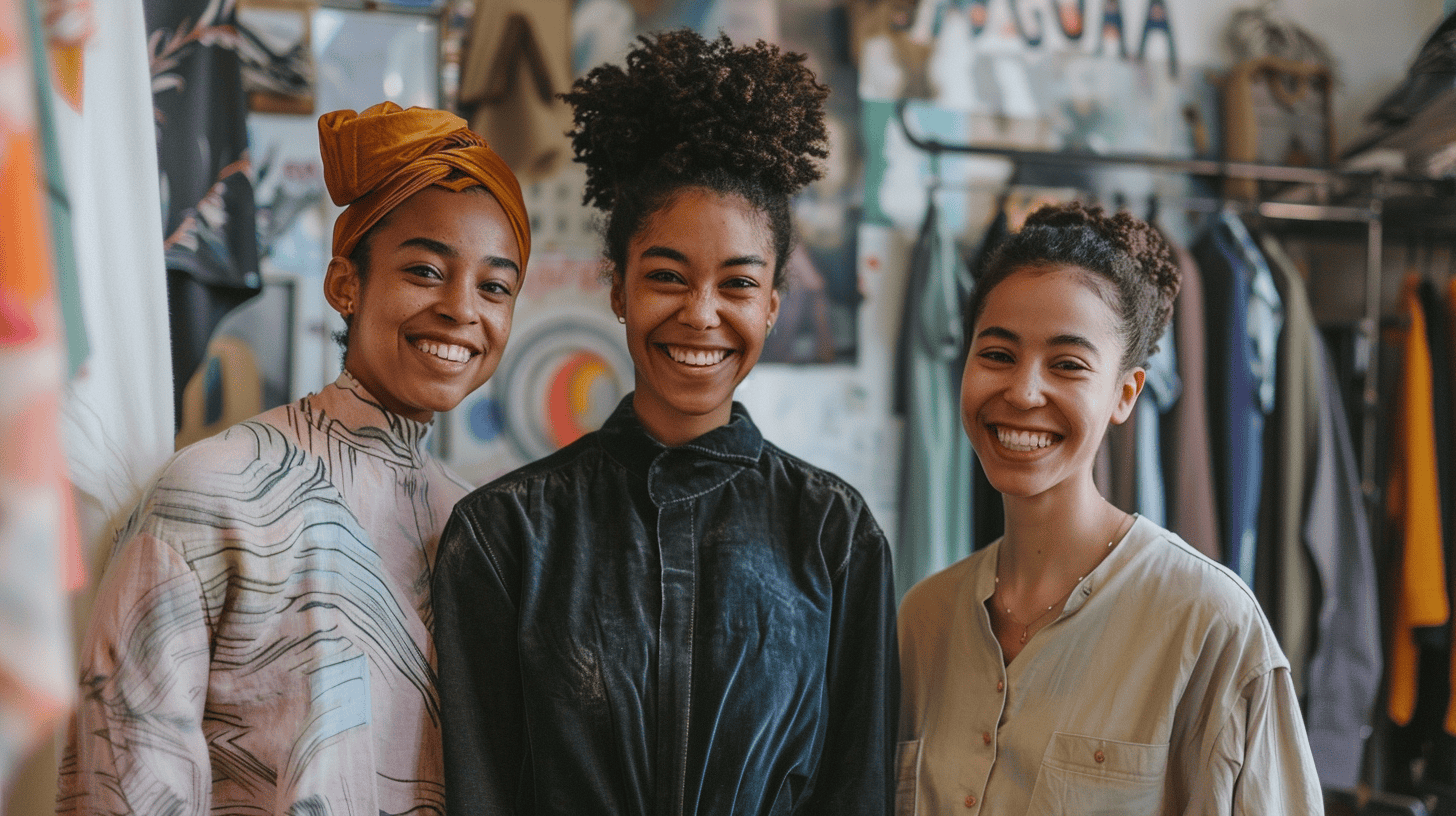


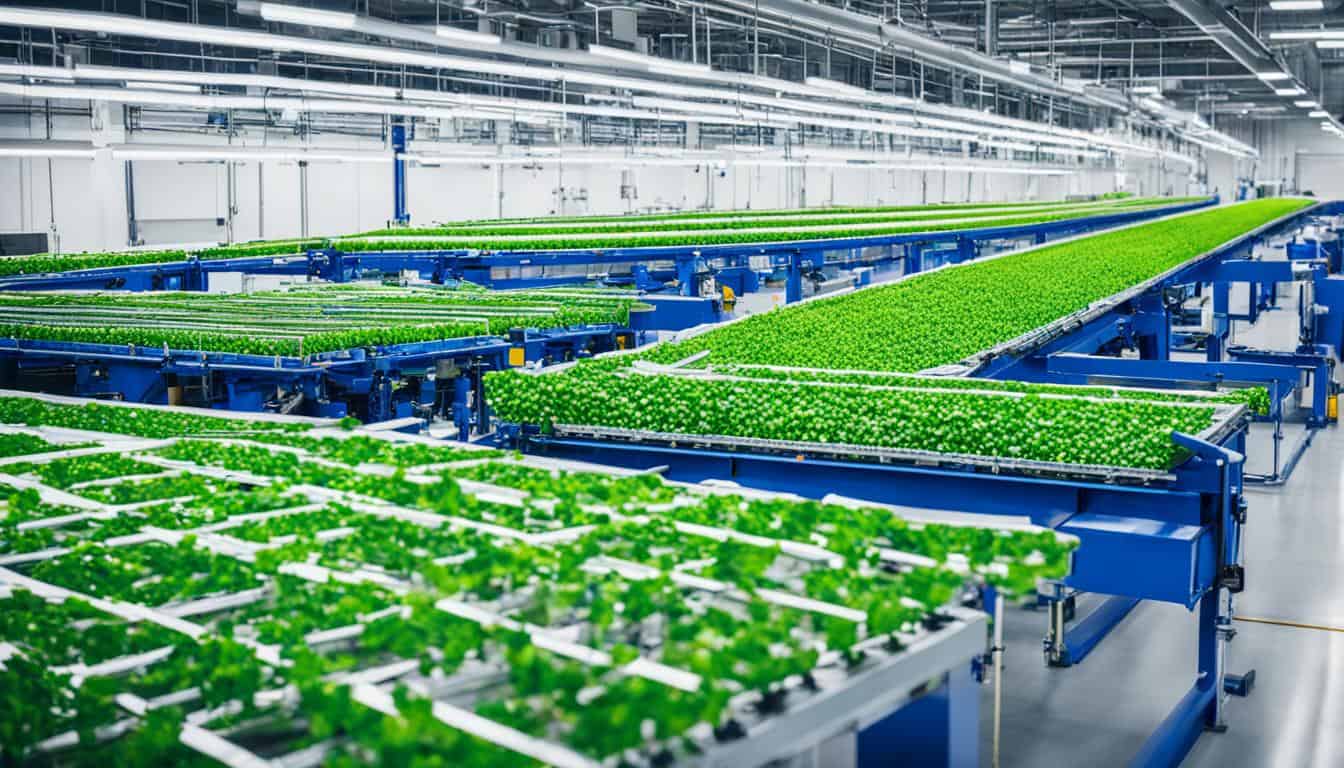
Leave a Reply